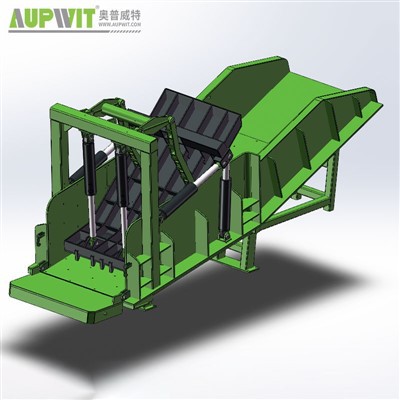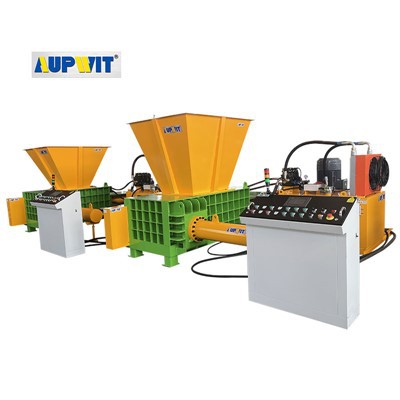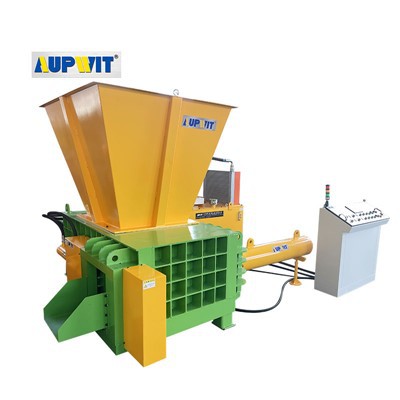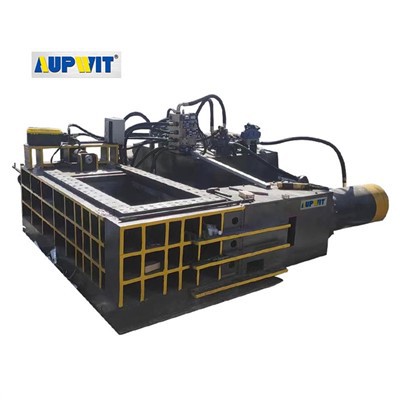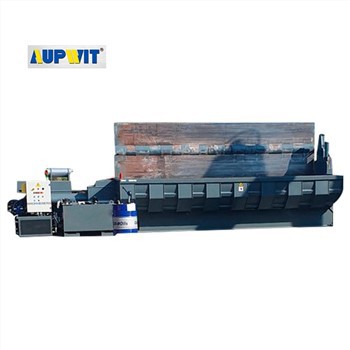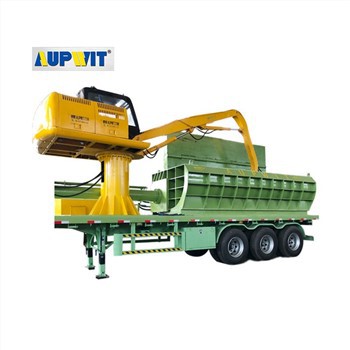Crocodile Type Hydraulic Shear Performance on Non-Ferrous Metals
The shearing effect of a crocodile type hydraulic shear on non-ferrous metals is generally reliable, though it varies based on material properties, machine specifications, and operational settings. Non-ferrous metals like aluminum, copper, brass, and zinc are softer and more malleable than ferrous metals, which influences how effectively crocodile shears process them.
Cut Quality
In terms of cut quality, crocodile shears produce clean, precise cuts on thin to medium-thickness non-ferrous materials. Their jaw-like design, combined with hydraulic pressure, minimizes burring and deformation—critical for maintaining material value in recycling or manufacturing. For example:
- Aluminum sheets often retain their structural integrity post-shearing
- Copper pipes maintain smooth edges after processing
- Brass components show minimal deformation
Challenges with Harder Alloys
However, challenges arise with thicker or harder non-ferrous alloys, such as:
- High-strength aluminum alloys
- Brass with high zinc content
- Certain copper-nickel alloys
These materials may cause increased blade wear or require higher hydraulic pressure to achieve smooth cuts. Without proper blade sharpness or pressure adjustment, shearing can result in uneven edges or material tearing, reducing efficiency and material quality.
Optimal Configuration
Crocodile shears with the following features perform best on non-ferrous metals:
- Adjustable pressure settings
- High-quality, carbide-tipped blades
- Variable speed control
- Precision alignment mechanisms
These features reduce friction and prevent material sticking. Additionally, slower shearing speeds often yield better results for softer non-ferrous metals, allowing the blades to penetrate cleanly without causing distortion.
Conclusion
Overall, when properly configured, crocodile type hydraulic shears offer efficient, cost-effective processing of most non-ferrous metals, making them a valuable tool in:
- Recycling facilities
- Metalworking operations
- Scrap processing plants
- Manufacturing settings
Regular blade maintenance and pressure calibration further enhance their shearing effect on non-ferrous substrates.


